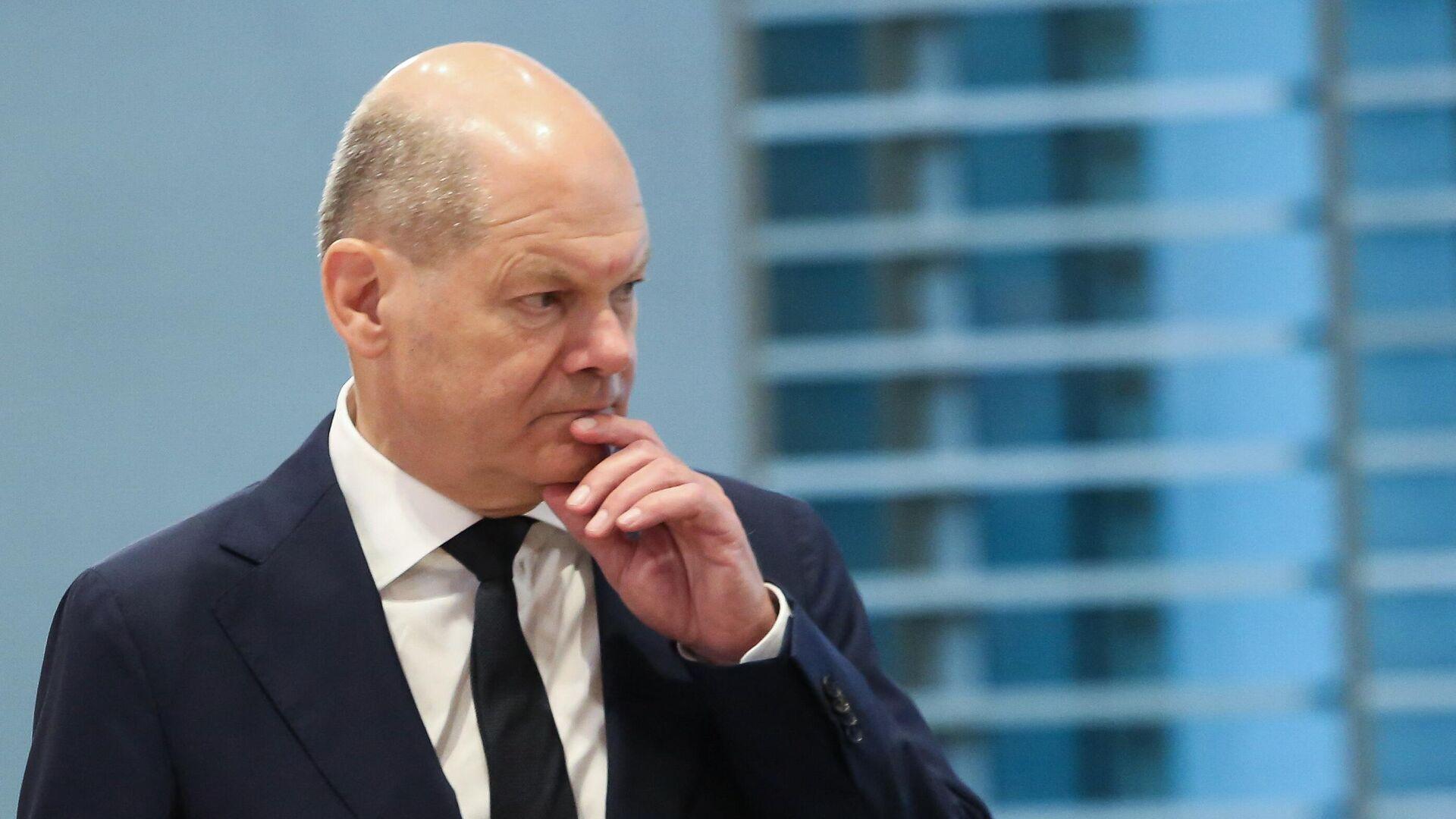
The rise of the extreme right in the elections in the states of Bavaria and Hesse raised concerns among German Chancellor Olaf Scholz, as well as non-governmental organizations, about the repercussions of this result on the democratic development in the country and human rights, especially the rights of immigrants.
“We should be concerned about this, it is about defending democracy,” Scholz said on Tuesday, October 10, in response to a question regarding the rise of the far-right in Sunday’s elections.
He added, during a joint press conference with French President Emmanuel Macron in Hamburg, “There is absolutely no doubt that the political positions represented there do not correspond well with our values of freedom, democracy, and the rule of law.”
The anti-immigration Alternative for Germany (AfD) party gained several percentage points in the important elections that took place last Sunday, ranking second in the state of Hesse and third in Bavaria. At the same time, the “Scholz coalition”, led by the center left, suffered a huge loss.
Immigration has been one of the main topics of the election campaigns, as Germany, like elsewhere in Europe, faces a wave of new arrivals reminiscent of the influx of migrants in 2015.
When asked if the government planned to change immigration policies after recent gains by the far-right, Scholz defended the coalition’s approach, saying steps were being taken to deal with the growing numbers.
But he also acknowledged that “the number of refugees coming to Germany is very high, especially since many of them were previously in other European countries, but were not registered or asylum procedures did not apply to them.”
In the same context, the Anne Frank Education Foundation warned of the increasing popularity of the AfD Party, noting that there is a significant increase in the number of young people who support extreme right-wing positions, according to the “Amal, Berlin!” website.
According to the Foundation, “political and historical education on issues of racism and anti-Semitism needs to be strengthened in the coming years.”
The Foundation added that this awareness should “extend to important social media outlets such as TikTok and YouTube, as they can have a significant impact, in addition to the role of democratic parties, which will work on regaining youth support and communicating with them.”
In previous statements, German Interior Minister and Social Democratic Party candidate to head the Hesse state government, Nancy Faeser, had expressed her disappointment at the losses her party suffered in the two states, according to the Deutsche Welle website.
14 million people were invited to the polling stations in the two states, or about 20 percent of the voters in Germany. Considering the two states are an economic center of gravity in the country, the elections are an important indicator of the popular mood.





